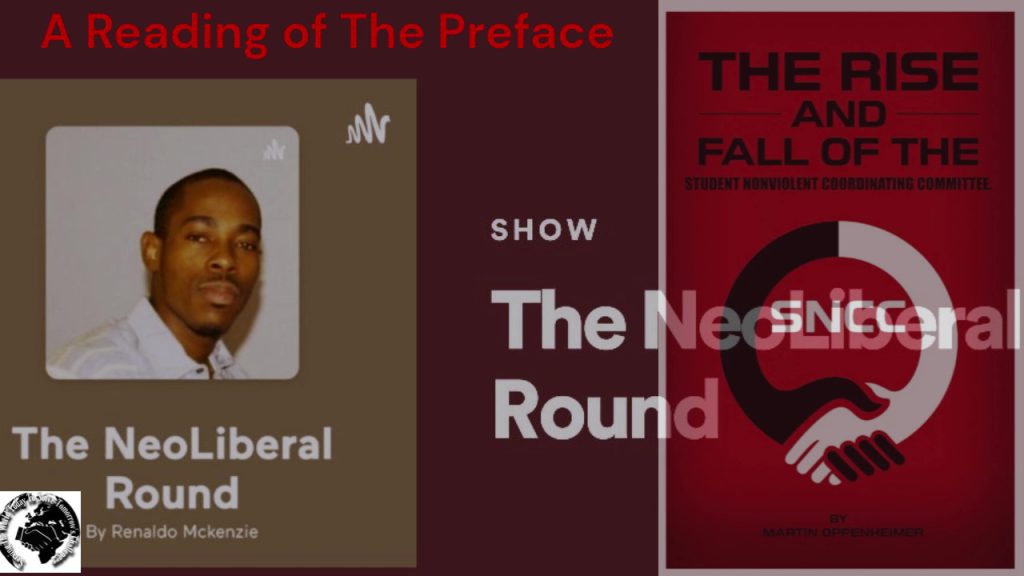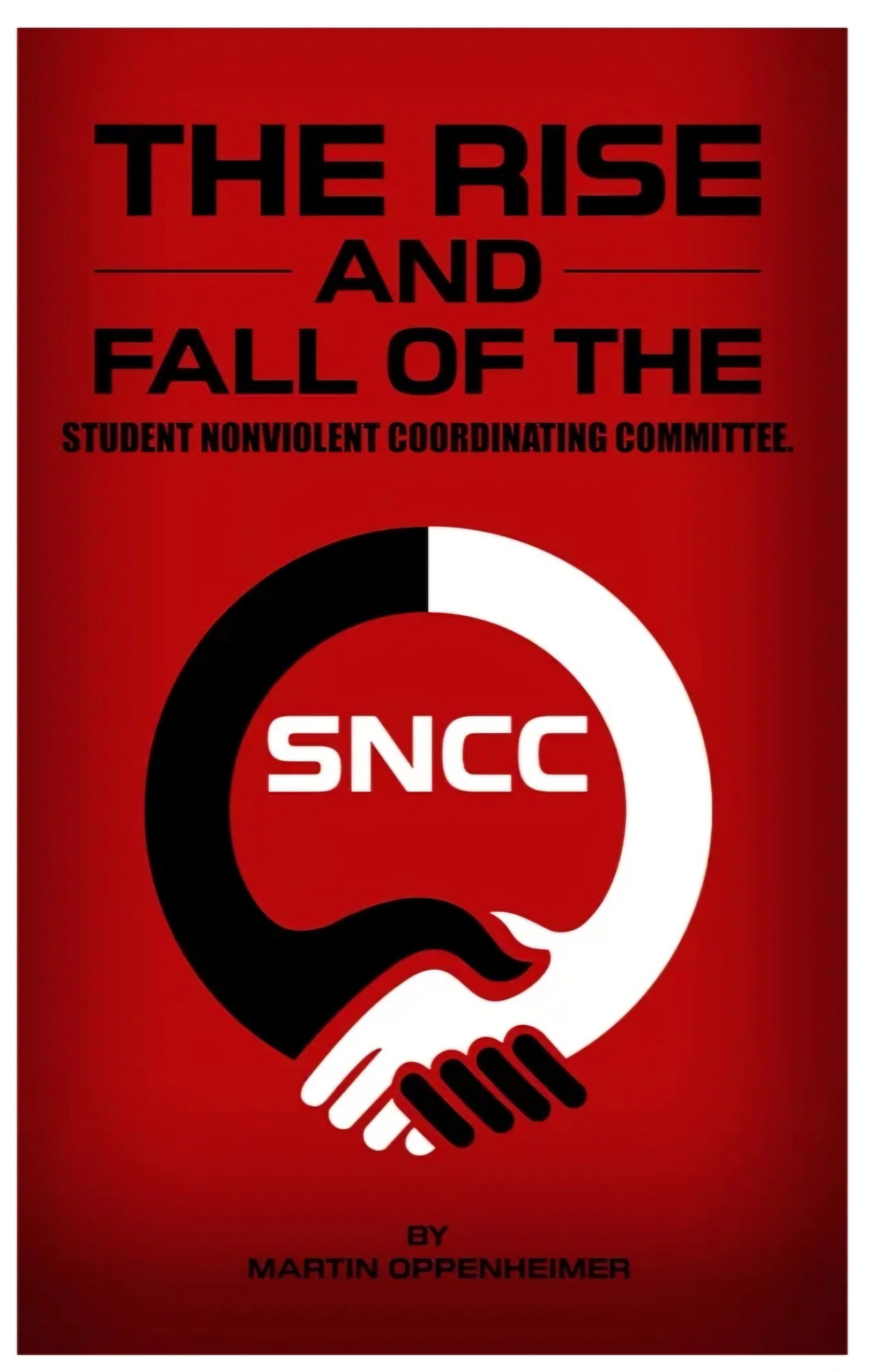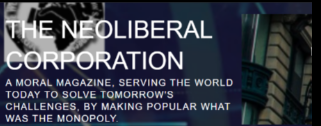Martin Oppenheimer has a new book out. It is entitled “The Rise And Fall Of The Student Nonviolent Coordinating Committee,” published in April 2024. The book is an expert analysis of SNCC’s history from its inception to now. With a deep understanding of protest movements in America, and his work as a Sociologist and Professor at Rutgers, Penn, and Lincoln University over the years, and his research and works on the State of Modern Society, he was able to provide an erudite analysis, combining history with reality. Recently, there have been several student protests on university campuses against the Israel-Palestinian War and the US support, calling for a ceasefire. Nevertheless, these actions are not as organized as they were in the 1960s and beyond, where student movements were institutional, strategic, and coordinated. Oppenheimer’s new book makes this case by presenting his arguments using historical and sociological analysis in a novel and powerful way. Martin will be featured in The Neoliberal Round Podcast with host Renaldo McKenzie, talking about his new book in an upcoming episode to be released by the end of May 2024. Here is the Preface of his new book available at Ingram Spark, Amazon, Barnes and Noble, and The Neoliberal Corporation Store, store.theneoliberal.com.
The Preface:
We were among the dozens of German-Jewish refugee families from Nazi Germany who ended up becoming chicken farmers in semi-rural South Jersey during the War. A school bus took me to a Middle School for my eighth grade. One day around Easter time, I heard a shout directed at me: “Christ killer.” Yes, the old libel from the Middle Ages from my neighbors’ children while the war against the Nazi state was still underway. There were no Black people in the local town but one day the school bus stopped at a driveway leading to a large farm to pick up two Black kids maybe eight or nine years old. The white kids on the bus loudly erupted with the N word while the two Black kids hovered, frightened, in their seats. I got up and loudly over the noise said, “Why are you yelling at them, they’ve done nothing to you!” Some of the white kids then turned on me, calling me a “N-lover.” I had never heard that expression. I learned later in my college sociology class what I had done: I had “identified with the oppressed.” Sociology opened the door to learning more about both oppressors like the local kids on the bus and what they represented on a larger scale, and the oppressed, like the new kids and the millions who looked like them. I joined my University’s National Association for the Advancement of Colored People club. In 1953, I was drafted into the tail-end of the Korean war and spent nine months stationed in Alabama. If you had eyes, you could see in the neighboring towns the realities of full-scale racial segregation, though as a Northern white soldier you should, for your safety, ignore it. A few years later, just as I was searching for a Ph.D. dissertation topic within the broad field of what was not yet called African-American studies, it dropped into my lap: The Sit-In Movement of “Negro” (not yet Black) students in the South had just begun.
The Civil Rights Movement of the 1960s brought the Cold War freeze in American politics to an end. The Montgomery Bus Boycott, led by Martin Luther King Jr., initiated on Dec. 1, 1955, shattered all the “end of ideology” propaganda being promoted by status quo social scientists. A series of direct action demonstrations to integrate public facilities, some preceding Montgomery, started to pick up steam in the late 1950s, and hope for wider reforms changed from a mere flicker to the realization that we were on the brink of seeing something miraculous: a mass interracial movement to destroy racial segregation in the United States. The Sit-ins that became a Movement began on Feb. 1, 1960, in Greensboro, N.C. They quickly spread from Greensboro to dozens of cities in the Upper South. Their recruits mainly came from traditional Black colleges and universities. In Philadelphia, I participated in organizing a student group to help civil rights organizations picket local branches of department stores that were the targets of sit-ins in the South. In April, I attended the founding meeting of what would become the Student Nonviolent Coordinating Committee, in Raleigh, North Carolina. In October, I went to Atlanta, Georgia, as a delegate to SNCC’s second conference, in the company of several young socialists. In the Winter and Spring of 1961, I traveled to ten Southern cities as a “participant-observer” to gather more information for the research that would become my doctoral dissertation, later published as The Sit-In Movement of 1960 (Carlson, 1989). Whenever civil rights activists were demonstrating in a community on my itinerary, I joined in. I joined the Philadelphia chapter of the Congress of Racial Equality, which was heavily involved in supporting the southern students. Soon CORE in the North began to tackle local issues: police brutality, poor housing, poor schools, unemployment. We conducted sit-ins to promote equal employment opportunities on city construction projects. In 1964, I was a delegate to the CORE convention and remember hearing the chilling news of the three missing Freedom Summer volunteers. Given what we knew of the repressive atmosphere of the South, it was taken for granted that they had been murdered. In the summer of 1965, at its Durham, North Carolina convention, where I was also a delegate, CORE moved in a distinctly Black Power direction and whites began to be excluded. Soon most whites who had been active in civil rights shifted their attention to the American war in Vietnam. Many who participated in the civil rights movement of the 1960s are still politically active in the vast number of causes that are the logical consequence of capitalism’s decay and continuing racist practices. Alas, our numbers decline week by week. We will not live long enough to see the end, whether it be the destruction of humankind by fire or water or nuclear disaster, or its transformation into a humane, democratic, cooperative society. The demonstrations that periodically shake the pillars of the temples of capital around the world may be the beginnings of larger movements for fundamental social change. Hopefully, the organizations and parties that will grow from these recent new beginnings will be better able to defend themselves against the inevitable strategies of the agents of the status quo: cooptation and repression, than their predecessors. Hopefully, they will avoid the kinds of internal conflicts that contributed to the destruction of SNCC, Students for a Democratic Society (SDS), CORE, and others. Perhaps this volume will help the politically engaged reader to understand more about what succeeded and what to avoid. This book is one sociologist’s attempt at a “critical” interpretation of the events of only a few short years in the long history of the Freedom Movement. It is an attempt to describe not only the heroic side of SNCC but, some of the cruel realities that hemmed it in and helped to undermine and ultimately destroy it. I have benefited greatly from the experience of writing the story of SNCC. I have been humbled by the courage of so many who were direct participants in the struggle. I thank them and express my appreciation to those whose writings have helped me. The idea for this book came from a German friend who was a volunteer in Freedom Summer. We were to write it together for a German publisher, but that was not to be. I dedicate this volume to his memory: Helmut Reinicke (1941-2018), social-historian, philosopher, adventurer, revolutionary. (From Martin Oppenheimer’s, The Rise and Fall of The Student Nonviolent Coordinating Committee, 2024).
Available in Audio via The NeoLiberal Round Podcast on any stream:

Spotify For Podcasters:
Spotify:
Submitted by Prof. Renaldo C. McKenzie, Content Chief and Author of the Neoliberalism book series.
Martin Oppenheimer is the author of several books, including The State of Modern Society, and Contributing Author of Renaldo McKenzi’s, “Neoliberal Globalization Reconsidered, Neo-Capitalism and The Death Of Nations,” to be released in 2024. Martin Oppenheimer is also Dissertation Advisor and Mentor to Renaldo McKenzie.
https://theneoliberal.com/the-neoliberal-journals
Support The NeoLiberal Journals by visiting our Support Page:
Donate (paypal.com)
The NeoLiberal Journals is a publication of The NeoLiberal Corporation.




Simply wish to say your article is as amazing The clearness in your post is just nice and i could assume youre an expert on this subject Well with your permission let me to grab your feed to keep updated with forthcoming post Thanks a million and please carry on the gratifying work